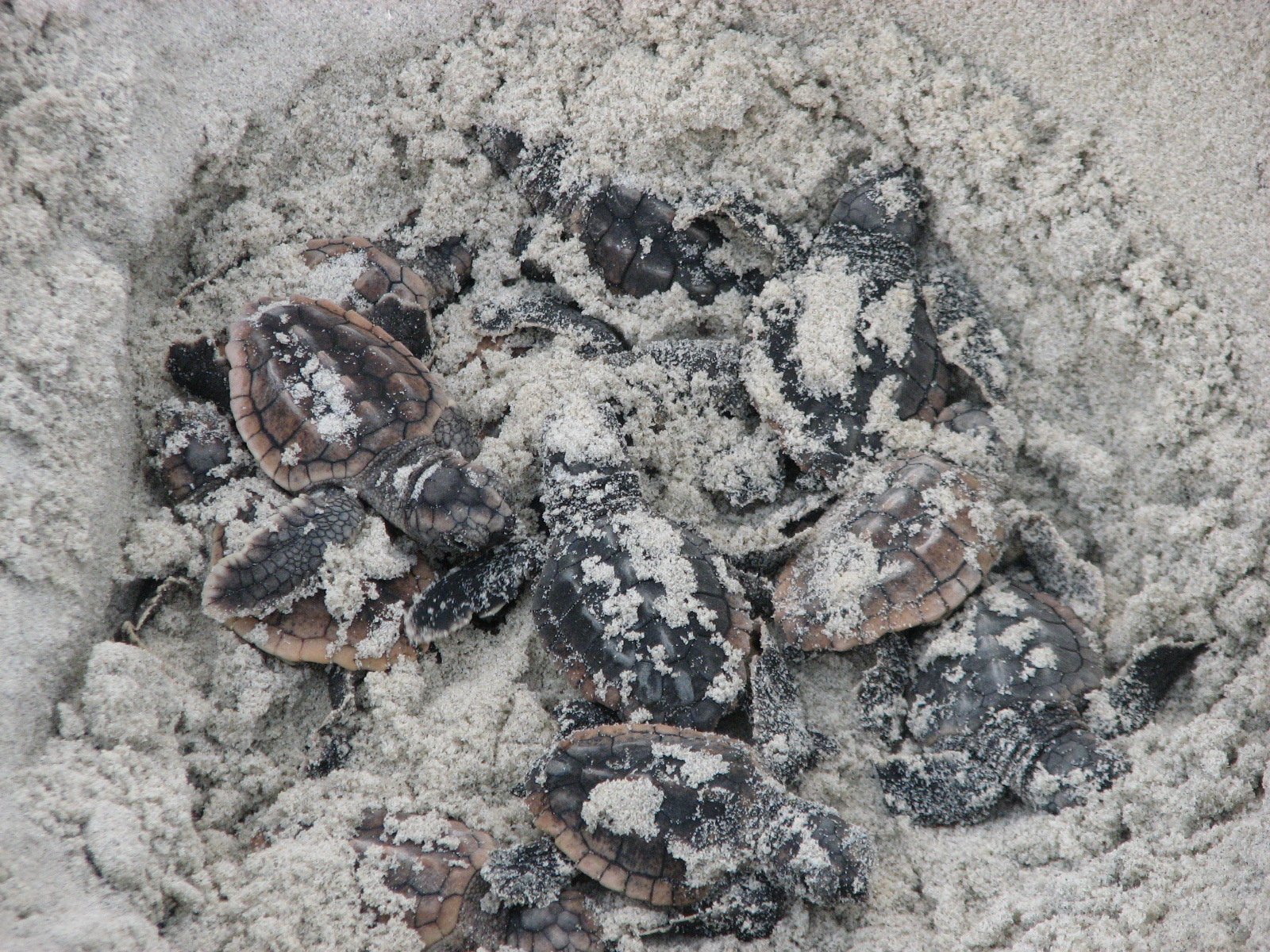COLUMBIA — Senator Lindsey Graham has signed onto a bipartisan wildlife conservation bill, the Recovering America’s Wildlife Act, that will dedicate $1.4 billion annually to locally-led efforts to help at-risk wildlife species nationwide.
“America's wildlife are in crisis. This ground-breaking legislation tackles the problem at the scale necessary,” said Sara Green, Executive Director of the South Carolina Wildlife Federation. “We thank Senator Graham for cosponsoring this fiscally responsible effort to help at-risk wildlife with collaborative, conservation measures across every state, territory and Tribal nation.”
The bill would send $15.4 million to the South Carolina Department of Natural Resources which the agency will use to implement its wildlife action plan. The plan identifies 825 priority species, including the prothonotary warbler, black bear and northern bobwhite quail.
Bobwhite quail, photo by James Edwards.
“This bill is modeled after historic laws passed decades ago that have long helped keep our game and sportfish populations healthy,” said Robert H. Boyles, Jr., Director of the South Carolina Department of Natural Resources. “Today, most people don’t know that wild turkey or inland striped bass were ever in trouble. Funding from this bill will allow us to do the same kind of work on behalf of South Carolina’s at-risk species like gopher tortoises, wood storks, and loggerhead sea turtles. We wholeheartedly thank Senator Graham for supporting this legislation that will benefit our state’s wildlife and our way of life.”
Loggerhead sea turtle hatchlings, photo by Peggy Lucas.
“Saving the thousands of at-risk wildlife species will require bold, bipartisan leadership,” said Collin O’Mara, president and CEO of the National Wildlife Federation. “We are so grateful to Senator Graham for leading the way on the historic Recovering America’s Wildlife Act. This bill will have an immediate impact – saving species, creating jobs and protecting our way of life in South Carolina and all across the country.”
A similar bill passed the House last session, with support from Representative Jim Clyburn. Senator Graham also cosponsored a Senate version last session. It passed out of committee but never received a floor vote, despite having 47 bipartisan cosponsors.
“Preserving the wildlife and natural resources of South Carolina is crucial not only for the benefit of future generations, but it’s a vital source of local economic growth. Furthermore, by providing important resources, this legislation will support habitat restoration across South Carolina by voluntarily bringing together private and public stakeholders,” said Senator Graham in a press release put out by Senator Heinrich’s office.
Federally recognized tribal nations, including South Carolina’s Catawba Indian Nation, would share $97.5 million annually to fund wildlife conservation efforts in the lands they manage.
“Wildlife conservation is an issue that unites all Americans. We hope Senator Scott and the rest of the South Carolina delegation will join Senator Graham in cosponsoring this commonsense bill and help it get across the finish line,” said Green.


